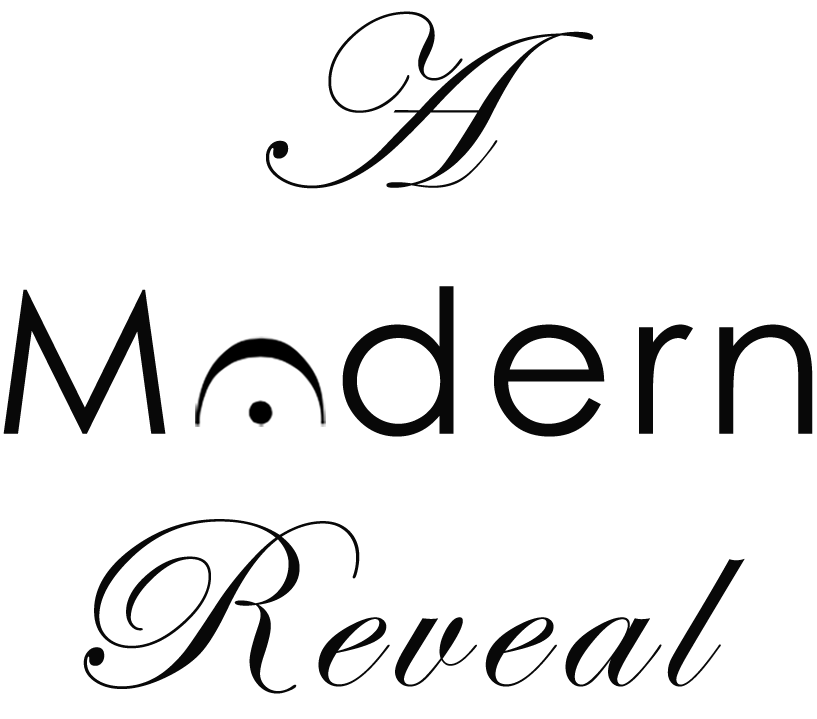BIOGRAPHY MUSIC RECORDINGS SOURCES
(Angélique Dorothée Louise) Lucile Grétry of Paris, most likely a child prodigy, benefited greatly from the encouragement, education, and contacts of her father André Grétry. She was his second daughter and was given lessons in counterpoint until she began her studies in harmony with Jean-François Tapray. Grétry’s father openly supported educating and fostering womens’ artistic talents in his philosophical writings, and also chose to primarily teach women composers. Grétry’s father’s influence gave her the opportunity to present at court to the famous queen, Marie Antoinette, who appreciated her talents.
Grétry composed Le mariage d’Antonio, for voice and harp, one of her two comic operas. The accompaniment of this piece was intended for a young woman of about 14 years of age. Her father orchestrated it and it was premiered in July 1786 and performed at least 47 times between 1786 and 1971. An anonymous writer in a letter to the Mercure de France penned, “What will undoubtedly surprise you is that this young girl is only 16 years old and that this beginner’s attempt is a masterpiece”.
When the 32 volume Paris edition of her father’s complete operas was published, Le mariage d’Antonio was included only with small print on the title page noting that “the songs are by Lucile Grétry, one of the daughters of the composer,” minimizing her work and its merit. Grétry’s second opera, Toinette et Louis, written in 1787, was not successful and neither was her marriage to Pierre du Champcourt. Grétry developed tuberculosis and died at the young age of 17.

